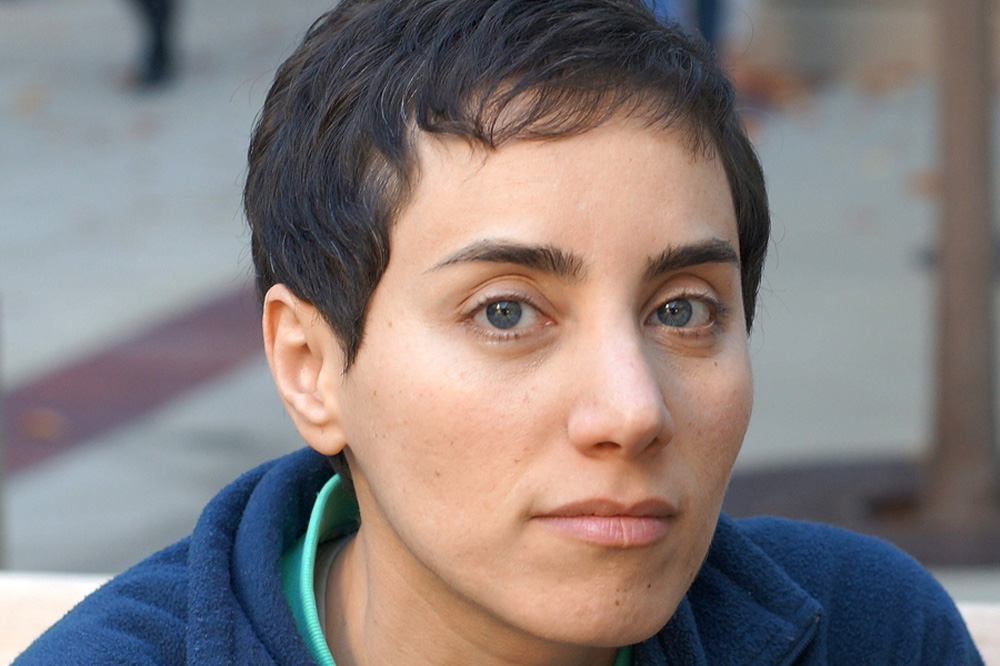
Maryam Mirzakhani, who died aged 40 of cancer last July, made history in 2014 when she became the first woman to win the coveted Fields Medal. Handed every four years by the International Mathematical Union, it is the most prestigious prize in mathematics and is often looked at as the Nobel prize for the field.
Born and raised in Iran, Mirzakhani was a maths professor at Stanford University in California. She was known to be technically excellent and confidently ambitious in the community. The calm, modest and friendly genius, who described maths as full of "beauty and elegance," initially wanted to be a writer. However, Mirzakhani's brother piqued her interest in science, and by the time she was a teenager she was taking part in the International Mathematical Olympiad. She won a gold medal in 1994 and became the first Iranian to achieve a perfect score and win two gold medals in 1995. After attending Sharif University of Technology in Tehran, she moved to the US and attained a Ph.D. from Harvard University.
Her doctoral thesis thrust her into the limelight and earned her a fellowship from the Clay Mathematics Institute in New Hampshire. She was assistant professor and then professor at Princeton University (2004-08) before she started working at Stanford University as a professor.
Mirzakhani, who is survived by her husband and their daughter, has made several contributions to the theory of moduli spaces of Riemann surfaces. In fact, she was awarded the Fields Medal for "her outstanding contributions to the dynamics and geometry of Riemann surfaces and their moduli spaces.” Her subsequent work focused on Teichmüller dynamics of moduli space. Plus, with Alex Eskin and help from Amir Mohammadi, Mirzakhani proved complex geodesics and their closures in moduli space are surprisingly regular, rather than irregular or fractal.

















